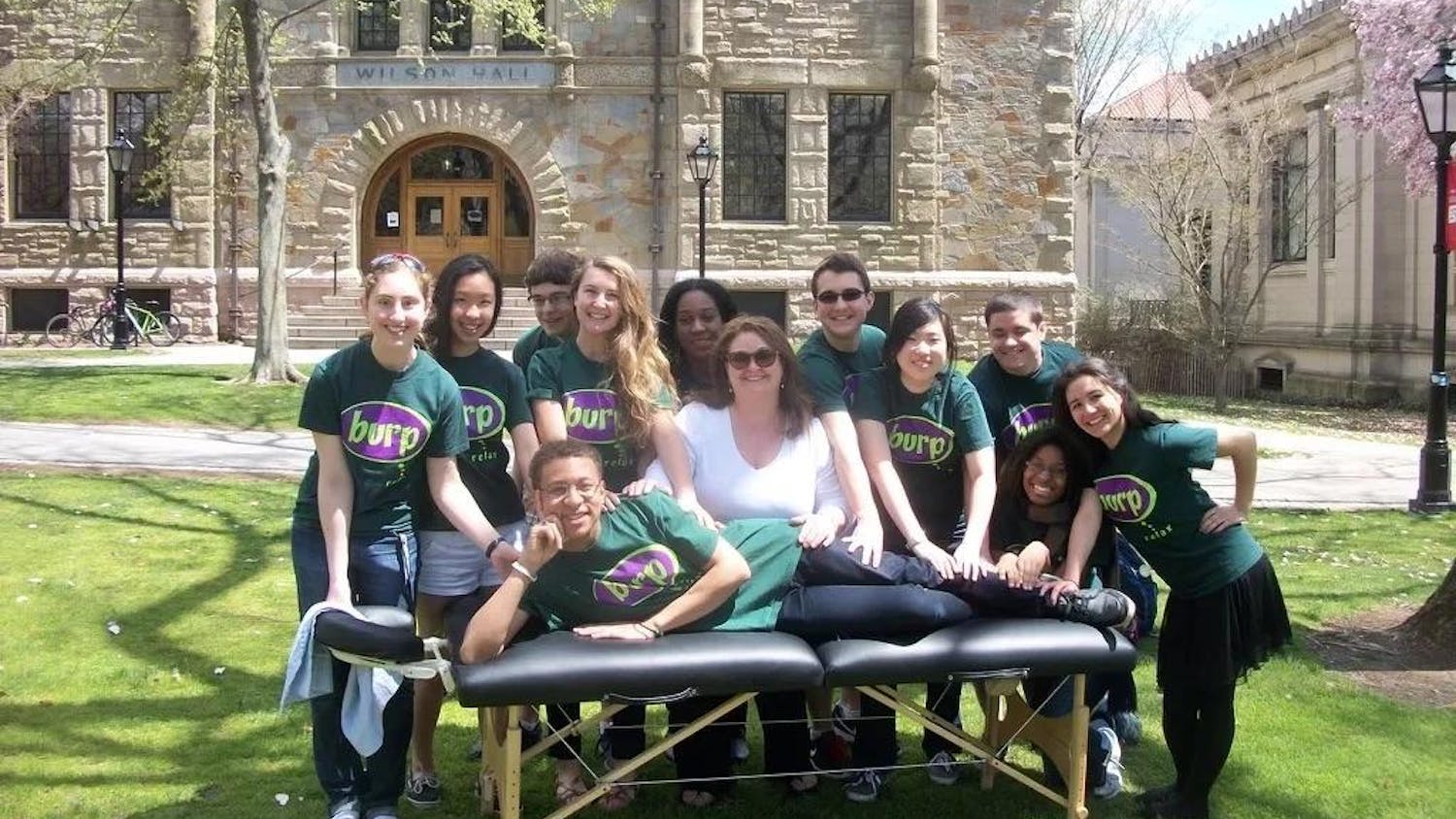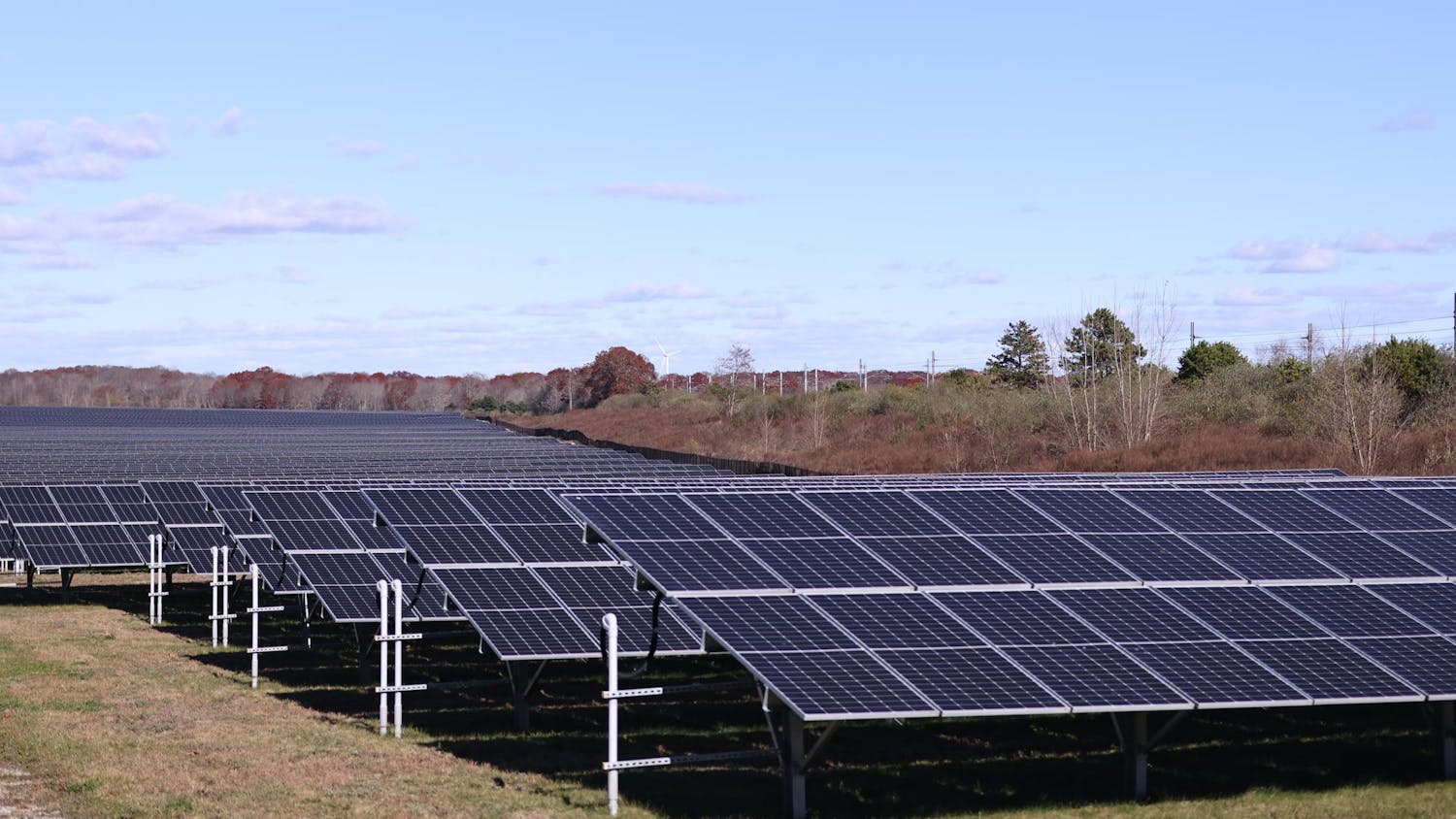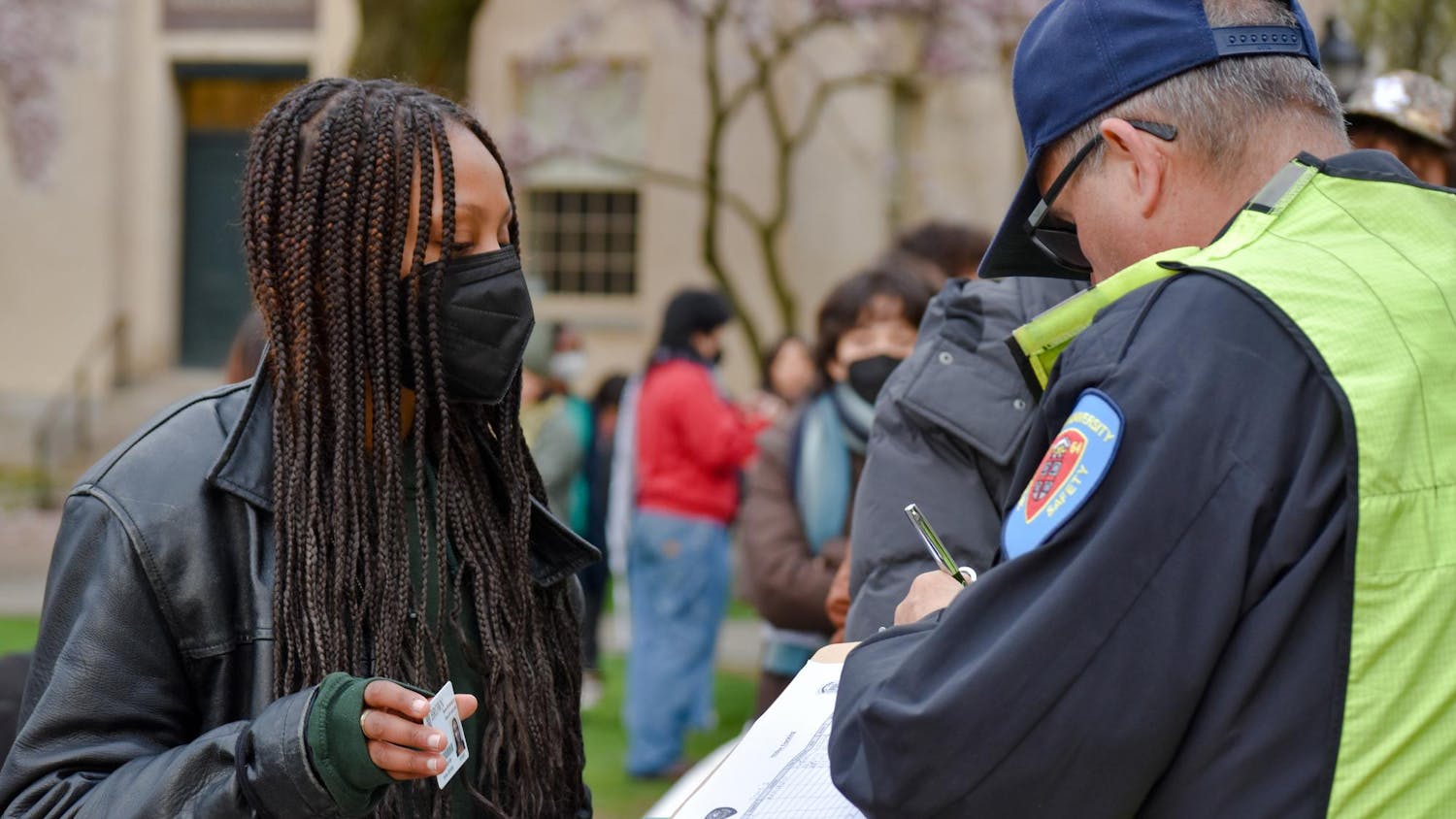Nine African scientists and environmental activists will study at Brown this semester as part of a program coordinated through the Watson Institute for International Studies.
The scholars, who represent six different African nations, will take classes alongside undergraduates with the hope that they will apply their new knowledge back in their home countries.
The African visitors, invited under the auspices of the Watson Institute's International Scholars of the Environment program, will enroll in AFRI1060M: "African Environmental History," taught by Associate Professor of History and Africana Studies Nancy Jacobs.
They will take field trips to sites of environmental interest across the northeast — including Block Island, New York, Boston and a local sewage treatment plant, Jacobs said.
The scholars will also participate in activities that previous international environmental scholars have done. They will be able to sit in on another undergraduate course, as well as take "modules," Jacobs said. Modules consist of 12-15 hours of instruction by professors from Brown and other local universities in fields such as urban environmental studies and climate change.
One visiting scholar, Hilary Bakamwesiga, an assistant lecturer in environmental studies at Uganda's Makerere University, is trying to develop a doctoral program at the school and working on a book about increased population, migration and land degradation in his home country.
"These are things I download from the Internet or I hear (about) from other people but I don't see them," Bakamwesiga said of the opportunities here. "I think this program will benefit me a lot... I expect to have enough tools to start a PhD program, develop the basic proposal, perfect it."
Undergraduates will form a critical part of the program, Jacobs said. The final project for the students in "African Environmental History" will be to pose intellectual questions that the scholars are unable to answer without adequate time or resources back home. The undergraduates will then work with the scholars to answer these questions.
"I'm going to match them up with Brown undergraduates who are going to put their skills and energy to use for them — its wonderful, it's a match made in heaven," Jacobs said.
The nine scholars are scientists, professors or on-the-ground environmental activists, rather than historians. This fact, Jacobs said, provides the program with a new way of looking at the problems the scholars face in their home countries.
"I want to lead them to believe that science and environmental change happen in the political and economic and cultural context, so that's a historical context," Jacobs said.
Jacobs stressed the importance of the program's historical and social focus, noting that to understand Africa's environmental circumstances, it is necessary to look at the way that the people of Africa interact with the land.
"The history of the environment in Africa is also the history of the poverty and development," she said.
The program was highly selective, with more than 90 highly qualified applicants, Jacobs said.
"We're looking for people who would ask the right questions, people that asked the surprising questions," Jacobs said.
Of his experience so far, Bakamwesiga said, "Brown is very nice... The lecturers are quite down-to-earth people who approach (the classes) in an interactive manner... they are asking you your ideas, which is very important."




